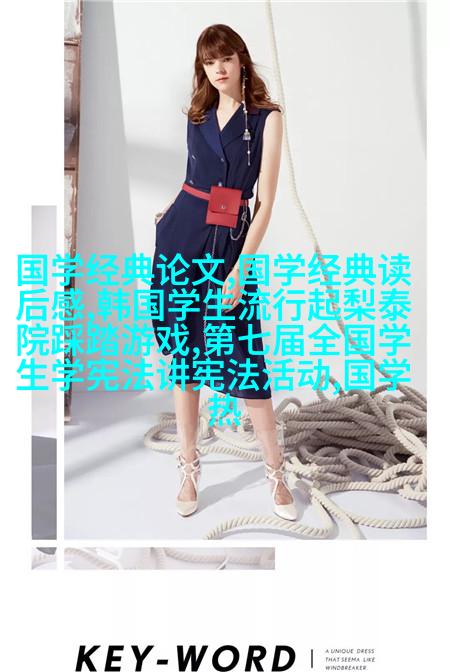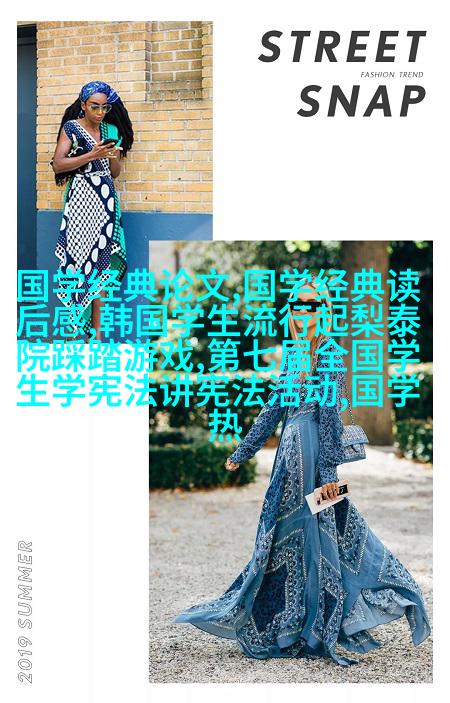Peking Opera, a traditional Chinese art form with a history spanning over two thousand years, is renowned for its elaborate costumes, intricate makeup, and dramatic performances. However, beneath the surface of this seemingly pure art lies a complex web of power struggles and shady dealings. The question on everyone's mind is: "Who are the shadowy figures involved in Peking Opera's murky affairs?" In this article, we will delve into the dark underbelly of Peking Opera to uncover the truth behind its corrupt practices.

Behind every successful performer or troupe lies a network of powerful patrons and sponsors who wield significant influence over their careers. These individuals often have ties to high-ranking government officials or business tycoons who use their connections to further their own interests. For instance, some performers may be offered lucrative contracts by wealthy businessmen in exchange for promoting certain products or services during their performances. This blurs the line between art and commerce, creating an environment where artists feel pressured to compromise their artistic integrity.
Another area plagued by corruption is the casting process. Troupes often rely on personal connections rather than talent when selecting new members. This practice leads to nepotism and favoritism within these organizations as those with influential backers gain preferential treatment over more talented but less connected candidates. Moreover, there have been instances where performers were forced out due to disagreements with powerful figures within the organization.

The ticketing system also presents another avenue for corruption within Peking Opera circles. Some troupes inflate ticket prices artificially high while simultaneously offering discounts or free tickets to select individuals such as government officials or celebrities that can help boost box office numbers through word-of-mouth promotion without any real financial investment from them.
Furthermore, backstage politics play a crucial role in shaping both individual careers and organizational dynamics within Peking Opera troupes. The hierarchical structure of these organizations lends itself well towards manipulation by power-hungry individuals seeking control at all costs - whether it be securing coveted roles for themselves or eliminating competition from others they deem threats.

Despite these issues plaguing various aspects of Peking opera culture today there remains hope that change can come about through increased transparency combined with grassroots efforts aimed at educating audiences about ethical standards expected from artists performing on stage alongside preserving cultural heritage while not being tainted by greed nor political ambitions
In conclusion although intrigue lingers just beneath surface level amidst China’s revered theatrical tradition - it’s essential not only recognize but also address each issue head-on so that future generations may continue enjoying this unique piece of Chinese cultural legacy unmarred by scandalous undertones

标签: 国学热 、 第七届全国学生学宪法讲宪法活动 、 国学经典读后感 、 韩国学生流行起梨泰院踩踏游戏 、 国学经典论文



